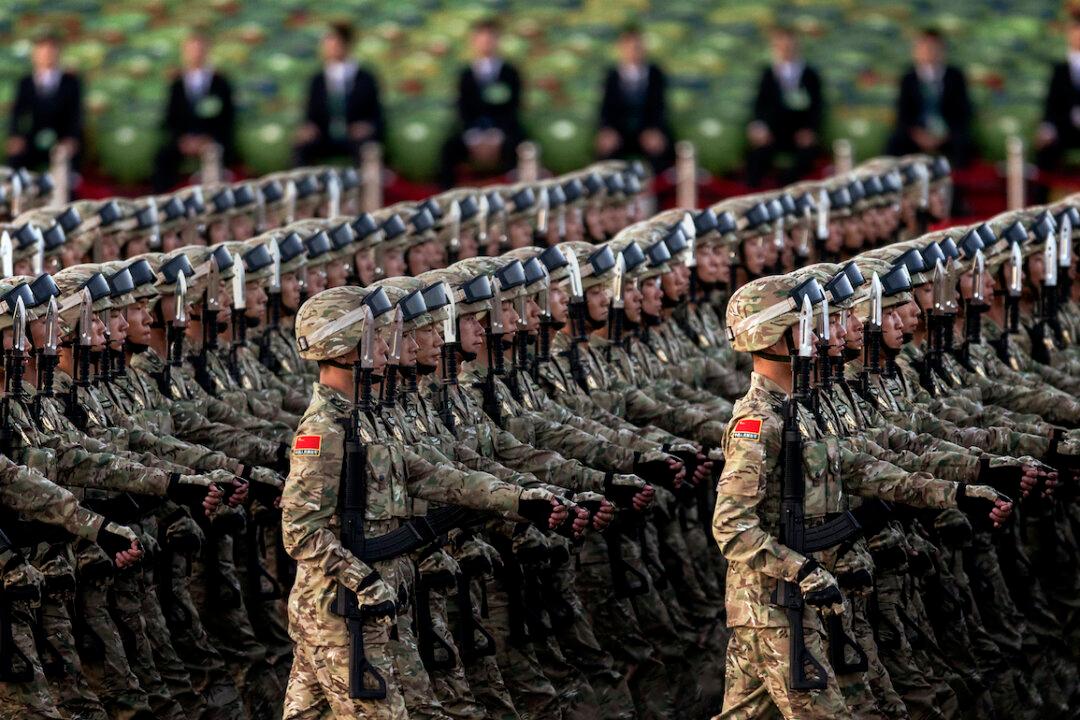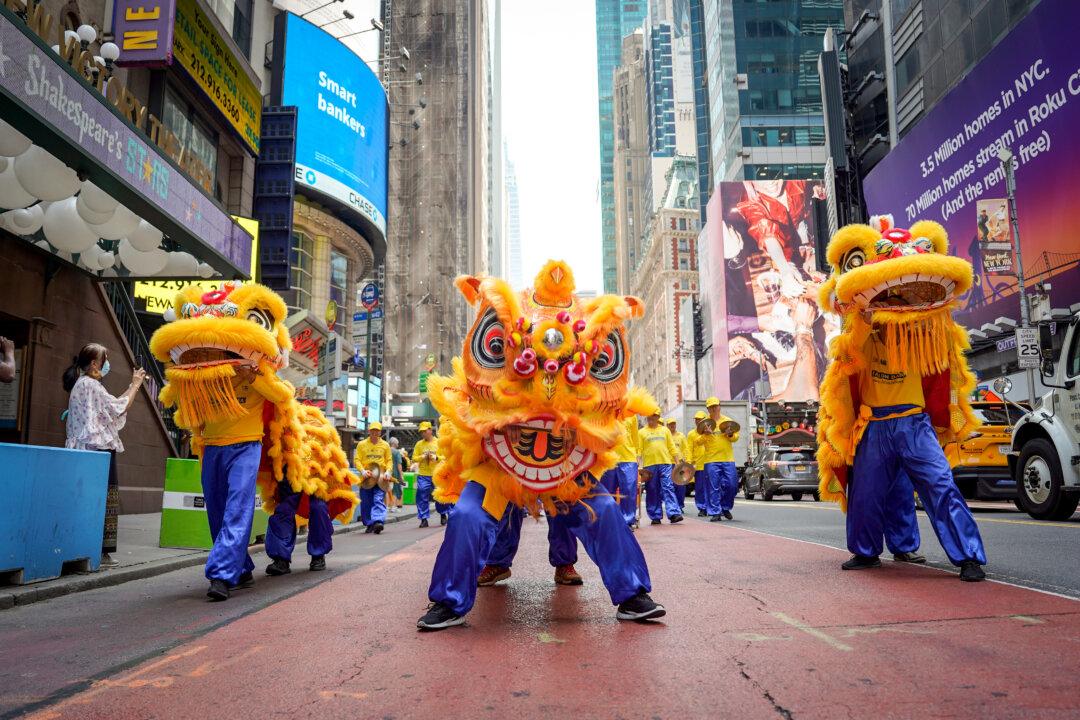Nearly 90 percent of Australians do not trust China, a leading Australian think tank expert revealed in a foreign policy speech.
Michael Fullilove AM, the executive director of the Lowy Institute, spoke at the National Press Club on June 22 about the foreign policy and security challenges facing Australia’s new government.




